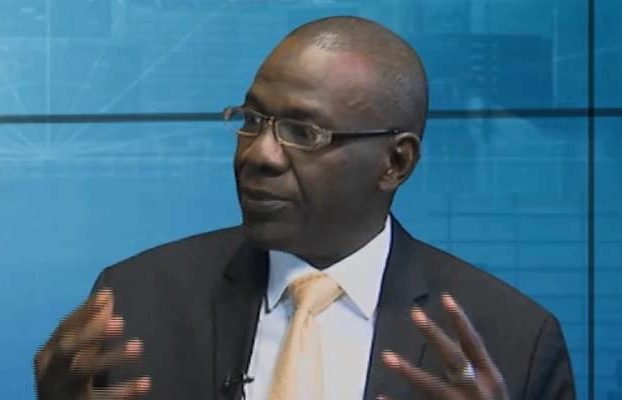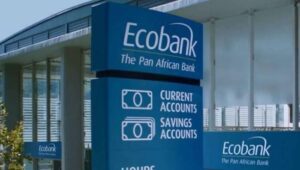
ABCON backs CBN’s prohibition of non export domiciliary account collateral for naira loans
The Central Bank of Nigeria (CBN’s) directive stopping the use of Non Export Domiciliary Account Collateral for naira loans will boost dollar liquidity, support reserves accretion and strengthen the financial services sector, President, Association of Bureaux De Change Operators of Nigeria (ABCON), Alhaji (Dr.) Aminu Gwadabe has said.
According to the CBN directive to banks, the use of foreign currency-denominated collaterals for Naira loans is now prohibited, except in cases where the collateral is in the form of Eurobonds issued by the Federal Government of Nigeria or guarantees provided by foreign banks, including Standby Letters of Credit.
In a statement on the apex bank policy and impact on the forex market, Gwadabe described the move as a welcome development, expected to put the excesses of big businesses and manufacturers putting unnecessary pressure on the forex market in check.
He said, “ABCON members are bewildered that some companies and manufacturers with billions of dollar balances in their non-oil export domiciliary accounts use it as collateral for naira loans and still source forex in the official window thereby depleting what is available for other operators.
“The stoppage of this unprofitable practice will not only add to the dollar liquidity in the market but also help in the accretion of foreign reserves buffers,” he added.
Gwadabe advised the apex bank to review foreign currency holding guidelines for non-oil export domiciliary accounts proceeds and entrench maximum of 48 hours with a minimum balance of $5k for individuals and $50 k for companies in holding positions as practiced in South Africa.
ABCON chief further advised the CBN not to approve forex requests by manufacturers and other business applicants with billions of dollars holdings in Non export oil proceeds domiciliary accounts at both the NAFEM and NAFEX window.
ABCON boss explained that unfortunately, the BDCs are most times seen as crude but remain an effective market control mechanism with the potent transmission mechanism tool in achieving the CBN’s mandate of price stability and liquidity in the markets.
“We therefore urge the CBN to continue to drive and expand its operations to ensure that the best results now achieved in the last 15 years is maintained and also ensure exchange rate convergence, market calmness and confidence of the public and foreign investors,” he said.
ABCON leadership, he added, has also called for and advocated for the separation of ownership and operational structures of FMDQ Exchange. The move, he said would ensure more transparency and effectiveness in market operations and price control mechanisms.
Furthermore, ABCON boss urged the CBN to allow legislative decisions on the planned reforms in the BDCs sub-sector to boost foreign investors’ confidence and guarantees in the sectoral transformation.
“We also want to pledge our continuing support to CBN’s proactive and effective policies and meant to address volatility and headwinds in the forex market. As a self regulatory body, ABCON is currently engaging all stakeholders and players in the retail end market to deepen, liberalise, democratise and centralise the retail end segments of the market for price discovery, market efficiency, transparency, accretion of buffers and healthy balance of payments,” Gwadabe said.
“We applaud the CBN management for the reconsideration and reinstatement of the BDC sub-sector as third leg of the forex market to put hoarding and speculation under check and we have seen faster results than expected,” he stated.




